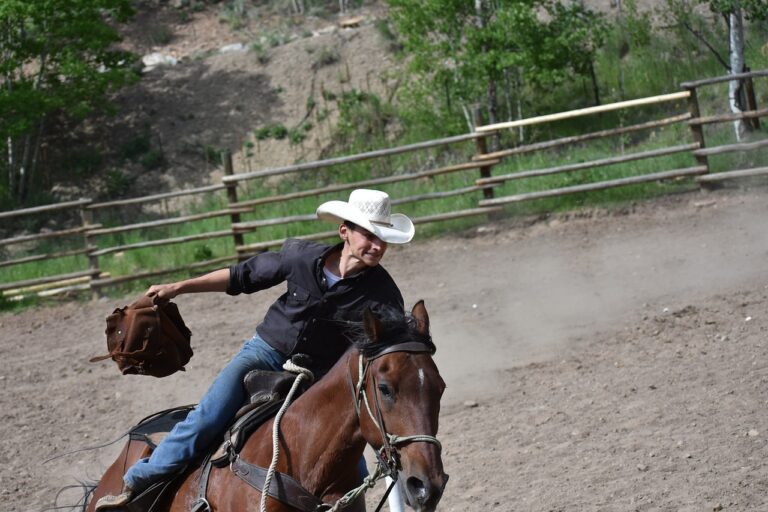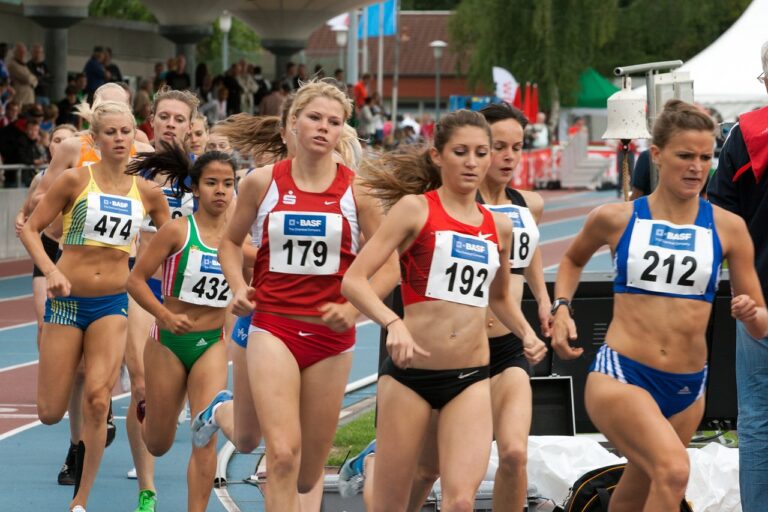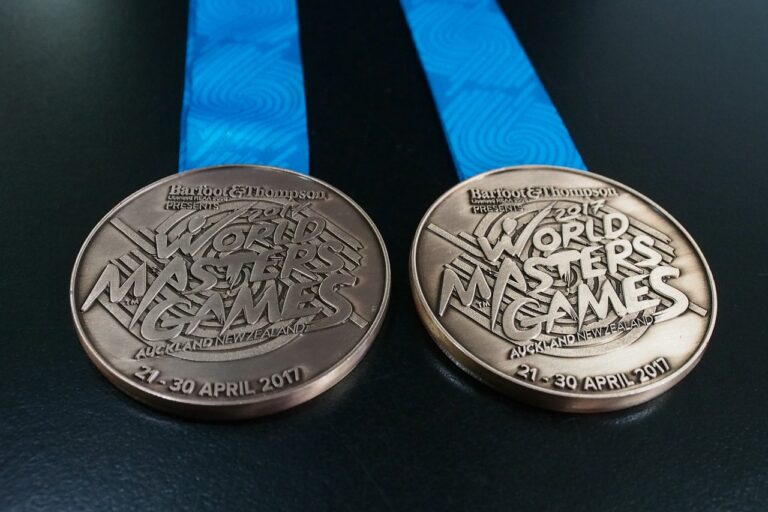Cricket Podcasts: The Art of Interviewing: World777, 11xplay pro, Betbook247 app login
world777, 11xplay pro, betbook247 app login: Cricket Podcasts: The Art of Interviewing
Podcasts have become a popular medium for cricket fans to stay updated on the latest news, analysis, and opinions in the world of cricket. One key element that sets podcasts apart from other forms of media is the art of interviewing. A good interview can provide valuable insights, entertain, and engage listeners. In this blog post, we’ll delve into the art of interviewing on cricket podcasts and discuss some best practices to ensure a successful conversation.
Preparation is Key
The first step in conducting a successful interview is proper preparation. Research the guest’s background, achievements, and current projects to have a solid understanding of their work. This will not only help you ask better-informed questions but also demonstrate to the guest that you value their time and expertise.
Ask Open-Ended Questions
The key to a successful interview is asking open-ended questions that elicit thoughtful responses. Avoid yes or no questions and instead, ask questions that encourage the guest to share their insights, opinions, and stories. This will lead to a more engaging and dynamic conversation that will captivate your listeners.
Active Listening
Active listening is a crucial skill for any interviewer. Pay attention to the guest’s responses, ask follow-up questions, and show genuine interest in what they have to say. This will foster a deeper connection with the guest and help you uncover new angles or insights that might not have been initially apparent.
Create a Comfortable Environment
Creating a comfortable environment for the guest is essential for a successful interview. Make sure the guest feels welcome and at ease, whether you are conducting the interview in person or remotely. A relaxed atmosphere will help the guest open up and share their thoughts more freely.
Respectful and Professional
Conducting a respectful and professional interview is essential. Treat the guest with courtesy and respect, even if you disagree with their opinions. Remember that the goal of the interview is to have a meaningful conversation that informs and entertains your audience.
Follow-Up and Thank You
After the interview, be sure to follow up with a thank you note to the guest. Show your appreciation for their time and insights, and let them know that you value their contribution to your podcast. This will help foster a positive relationship with the guest and encourage future collaboration.
In conclusion, the art of interviewing is a crucial skill for any cricket podcast host. By preparing thoroughly, asking open-ended questions, actively listening, creating a comfortable environment, being respectful and professional, and following up with a thank you note, you can conduct successful and engaging interviews that will captivate your audience. So, next time you have a guest on your podcast, keep these tips in mind and watch your interviews shine.
FAQs
Q: How long should a typical cricket podcast interview be?
A: The length of a cricket podcast interview can vary depending on the guest and the topic being discussed. However, a typical interview usually lasts between 30 minutes to an hour.
Q: How can I improve my interviewing skills?
A: Improving your interviewing skills takes practice. Listen to other podcasts, study successful interviewers, and continually work on honing your craft. Remember, practice makes perfect!
Q: What should I do if the guest is not responsive or engaging during the interview?
A: If the guest is not responsive or engaging, try to redirect the conversation with more engaging questions. Stay positive and energetic, and try to draw out more insightful responses from the guest. If all else fails, be prepared to wrap up the interview tactfully.
Q: Can I use a script for my podcast interviews?
A: While having a rough outline or some key questions prepared is helpful, using a script can make the interview feel robotic and scripted. It’s best to have a natural conversation flow and let the interview evolve organically.







